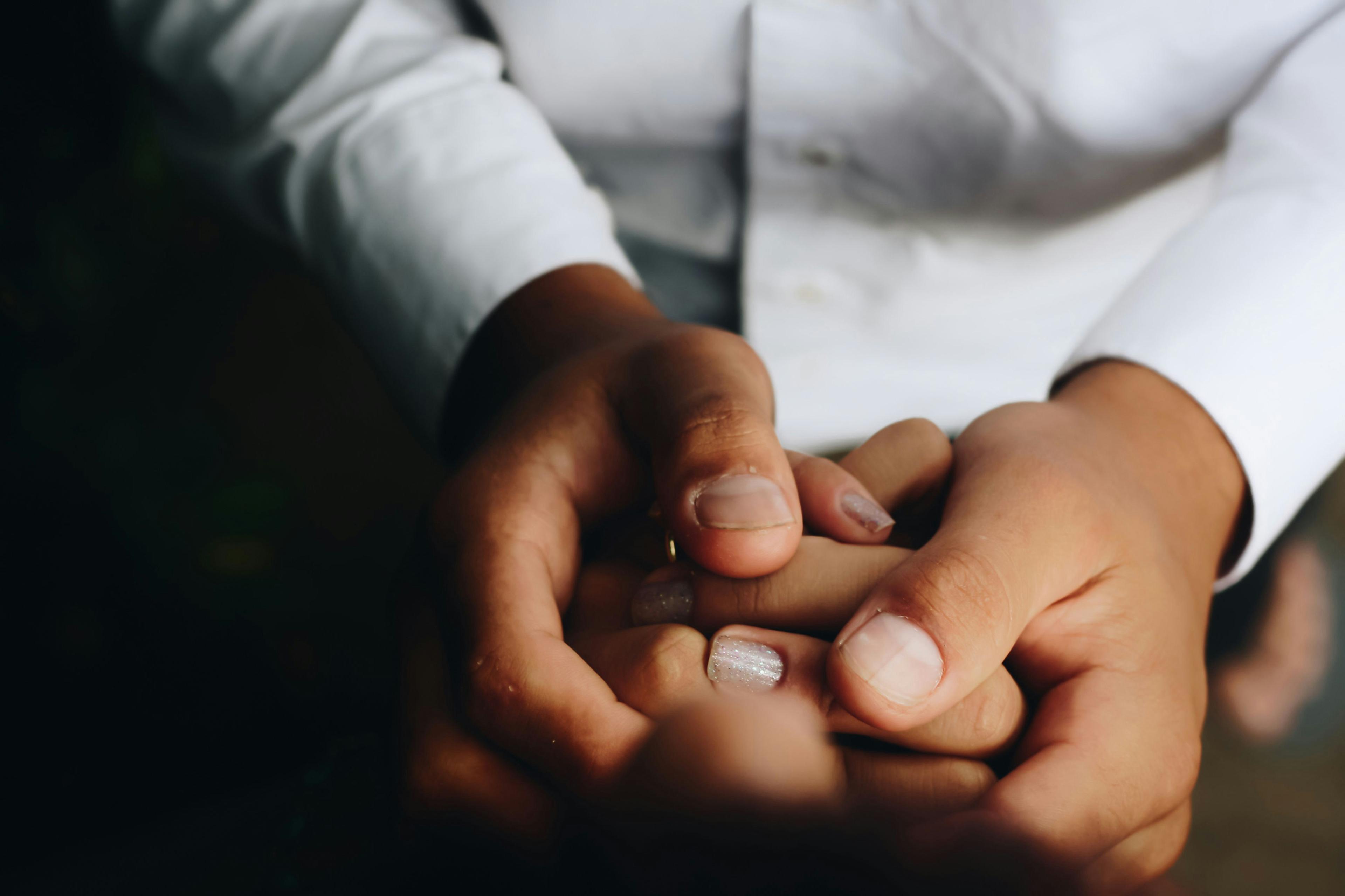

As NZ's life expectancy improves, Pacific peoples continue to be the global lead in diabetes rates.
Photo/Unsplash
Health challenges endure for Pacific peoples despite NZers' improving health stats
Te Whatu Ora's first Health Status report yields positive results for Aotearoa, but certain issues remain to be resolved for Pacific communities.



Inked across lands: How Pacific tattoo art is thriving in Germany

US funding cuts threaten to 'dry up' future of Pacific scientists - expert



Inked across lands: How Pacific tattoo art is thriving in Germany

US funding cuts threaten to 'dry up' future of Pacific scientists - expert
Te Whatu Ora's first Health Status report revealed life expectancy in Aotearoa has improved but diabetes among other health issues remain, especially for Pacific communities.
Co-author Dr Gary Jackson says they found cancer and cardiovascular rates have declined, but that he remains worried about diabetes and poor nutrition.
"My concern for the Pacific communities is that they lead the way in diabetes rates," Jackson says.
"Particularly type-2 which is particularly driven by body weight. It's a hard conversation to have but a really important one."
The report also found a significant increase in high psychological distress reports exacerbated by the covid-19 pandemic.
Māori, Pacific disabled people and youth in particular reported higher rates of anxiety and depression than ever before.
"We've got people struggling to make ends meet so those stressed households lead to family violence," Jackson says.
Despite life expectancy improvements for Aotearoa the report noted a gap remains largely for Māori, followed closely by Pacific peoples.
Jackson says diabetes is at the forefront of causes but that other gaps in other conditions persist.
"As a public health person I swing to what's causing that? Then I worry about smoking.
"It's such an addictive substance that you can see how it drives people."
He encourages those thinking of quitting to reach out to smokefree services which have an 80 per cent quit rate.
He also implores people to get vaccinated for covid as in the last year over 1000 people have died of it along with 10 to 20 deaths occurring weekly.
As for combatting diabetes Jackson suggests accessing weight management services like Te Mana Ki Tua, a medical specialist team at Te Whatu Ora Counties Manukau.
Jackson says weight loss is not easy especially since "we've set ourselves up to fail because we have such a fat and sugar-saturated environment".
"You can't just go on a diet to lose weight it never works.
"You've got to work out how you change your entire lifestyle and that's hard in our society when you get bombarded with advertisements to eat unhealthy food, drink alcohol and eat chips."
He says Te Mana Ki Tua uses a meal replacement system and that 40 per cent of those with diabetes who accessed the service have achieved remission.
"So they managed to reverse their diabetes by weight loss.
"That's a positive finding and something we'd love to see grow for our community clinics and general practices."
Watch the full interview via 531pi's Facebook page below: